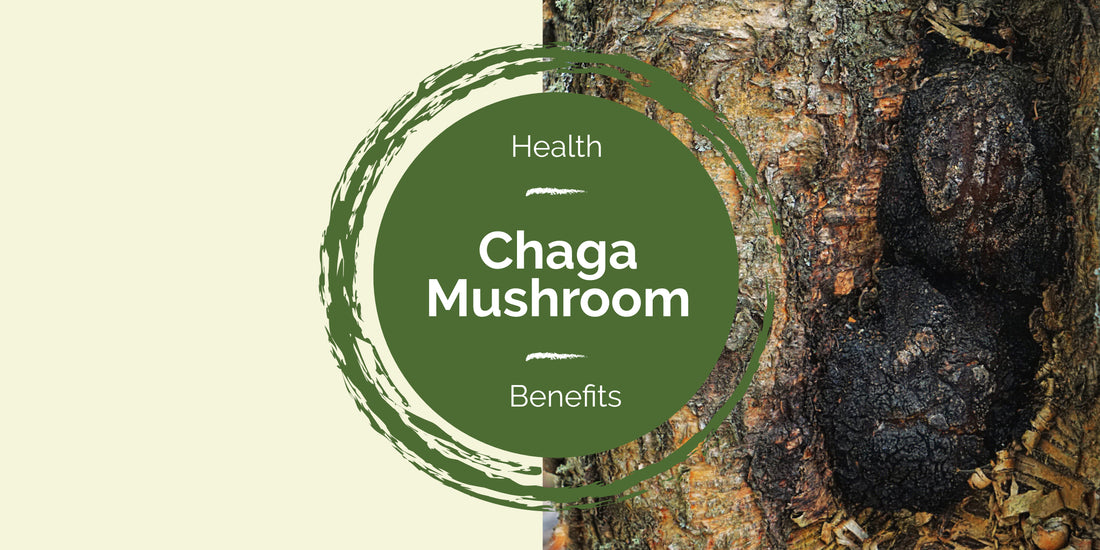What is Chaga mushroom?
Chaga mushrooms (Inonotus obliquus) is a type of fungus which mainly grows on the outside of birch, chestnut and hornbeam trees in very cold climates and grow wild in places like Siberia, Northern Canada, Alaska and northern United States. These mushrooms have been used as traditional medicine to treat diabetes and gastrointestinal cancer, along with heart disease, in Northern European countries as well as Russia for hundreds of years.
What are the health benefits of Chaga mushroom?
Chaga contains high level of beta-glucans, which has numerous health benefits, such as immunomodulatory, hepatoprotective, and antioxidative properties. Chaga is known to have melanin pigments with powerful antioxidant and DNA-protective properties, giving it potential for the impacts of radiation-induced damages. Chaga produces a diverse array of metabolites capable of acting as potent free radical scavengers, which benefits DNA health by protecting it from oxidative stress damage. Chaga has been widely used in folk medicine for centuries to promote gastrointestinal health and digestive comfort. Modern research demonstrated that Chaga extract helps regulate the gut microbiota. The antioxidant activity of polysaccharides in chaga supported pancreatic health and regulated gut microbiota composition and diversity. In addition, Chaga is considered a highly popular adaptogen, which helps your body adapt to stress and restore balance. The antioxidants in the chaga mushroom support a healthy inflammation response by modulating the release of certain cytokines involved in inflammation.
Does Chaga have any side effects?
Chaga mushrooms may lower blood sugar, which can cause hypoglycemia for those taking insulin. Chaga may also interfere with blood clotting.

